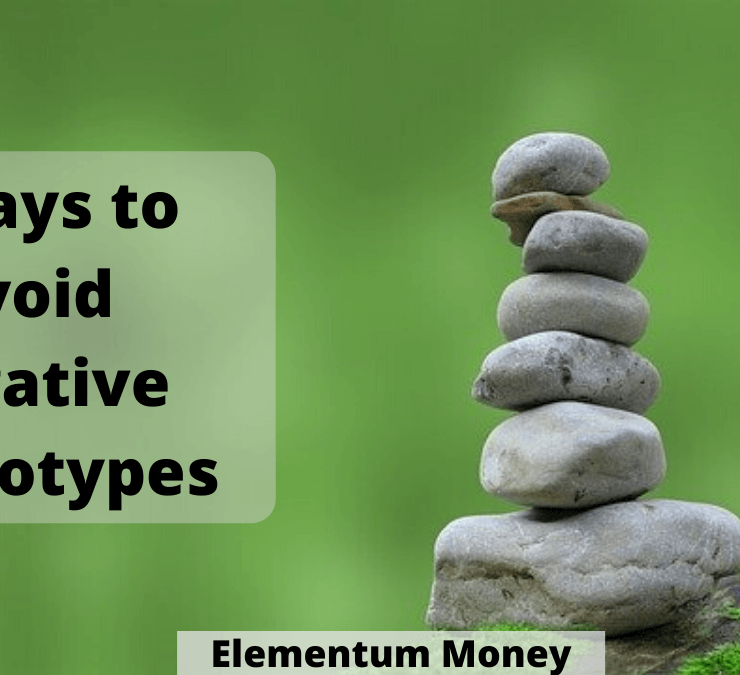
If you are a regular reader of the blog, you might be wondering if a section on self-development is even required? Well, I can’t blame you because until some time back I often thought to myself that it is a fake genre with no substance to it.
My evolution towards self-development
I have always been a voracious reader, with my interest mostly in fiction which served the dual purpose of firing my imagination and providing entertainment. One of my first few forays into non-fiction were the autobiographies of the Clintons – My Life by Bill Clinton and Living History by Hillary Clinton. During MBA, I really got immersed in the marketing reading material that my library could supply. I loved the cases they cited and often made notes of things that I learned or which made sense to me.
However, self-development as a genre still gave me the creeps. I often thought they gave a macro view, painted everyone with the same brush and were way too preachy with no aspect of entertainment or the stress release that I sought out books for.
My now-husband was the first one to wax eloquently to me about Rhonda Byrne’s book “The Secret” and the law of attraction (wondering what that even means? I will cover it in my next Friday post). I am a fair person and agreed to give the book a try. I struggled to read it and the tall claims it made, promptly labeling it mumbo jumbo and summarizing it in a sentence that all it asked of people was to be optimistic. As any “The Secret” fan would know, that’s not really accurate, right?
So, about 3 years back, I was in Kolkata for a work trip. I am a big fan of buying books off the street and somehow the one book that caught my attention was – The Power of the Subconscious Mind by Dr. Joseph Murphy (I think his last name is an ironic coincidence). The book seemed like a scientific and somewhat rational foray into how the brain works and I thought I could give it a shot.
One of the main premises of the book is that your conscious thoughts get lodged in your subconscious mind and are often working in the background ending up impacting your actions. One of the specific examples given was that if you are thinking about something before you go to bed at night, it is quite probable that you resolve it or get a direction by the next morning.
My father has been the one who has helped out me and my sister with our maths woes in school. There were times when my father could also not figure out a sum. Unlike us, he would keep thinking about it and like magic wake up the next morning with a legit answer. I have now seen it so many times that when I read the passage, in my mind I could see myself back at home, still sleepy-eyed being greeted by my triumphant dad having resolved the mystery of the irksome math problem.
For me, that was the eureka moment in my self-development journey. After that, I realized that I probably need to get off my lofty throne of turning up my nose at the name of self-help or self-improvement or any such label and read into scientifically arrived means of making myself a better version of me.
Why Read or Hear or Watch Self-Development?
Over time, as I have read books, listened to podcasts or watched videos in this category, I realized it is something I really enjoy.
There are many reasons why this inclusion of self-development works for me and I suspect you could relate to some of them.
It makes me think
Very few things in my daily life stretch my intellectual capabilities. However, as witnessed in the wide difference in my reading speed between fiction and non-fiction, this is one genre which makes me pause. Reading and applying self-development makes me assess and re-assess things unlike anything else, considering how it’s so personal.
Satisfies the continuous learner in me
I have realized continuous learning is a key need for me. My biggest fear is stagnation – personally and professionally. Self-development is a space which forces me to learn new things and apply it to myself and keep innovating. It’s a learning in my favorite area of expertise – me.
Learnings are very direct
There are enough fiction books that pack a punch and leave a lesson in their wake. But, only the smartest readers can unravel those layers enough to absorb the pearls of wisdom. Good self-development content is more intent on just sharpening things and laying it out bare.
Makes me a better version of me
Oprah advocates self-improvement reading, having famously said: “live your best life”. I can surely say that having consumed more of the genre has made me more optimistic and confident in my skin and of achieving my goal. With the continued reading, it only gives me more areas where I could bring about change.
It is a vast vast genre
If you think self-development is a blanket word meaning the same thing to everyone, you couldn’t be more off the mark. This area is HUGE with content on productivity, motivation, memory, goal setting, ambition, relationships, emotional intelligence, networking, happiness, teamwork, organization, time management and the list could very well go on. Today, there is something for everyone in the self-improvement genre, caveat being, if you know what you are looking for. If you don’t know what you are looking for yet, there’s always a book for that too!
How can you inculcate an interest in Self-Development?
Like beer, self-development is an acquired taste and rarely appeals naturally to anyone. But, you can actually make a conscious effort to develop an interest in this space.
Decide on an area of your life
As mentioned earlier, self-improvement is a vast ever-increasing genre. Take a moment to focus and decide on one area where you would really want inputs to improve. Then research on suggested books or blogs in the area. In today’s age, you are bound to find something to whet your appetite.
Distill the thoughts behind often melodramatic words
One of my major put-offs with some of the self-improvement books earlier has been the use of over-the-top language and sometimes even melodrama. Some of the stories of change also narrated in the book can seem like flights of imagination. It is not necessary to agree with everything and beyond the flowery language, try to dig deeper into what is really being meant.
Find something relatable
For me, the starting point of believing in self-improvement was when I could relate to my having seen the author’s theory working with my father. In your area of interest, there would be someone in your life that you look up to as a benchmark. When you read, try and see which of those parts of the book might relate to what you have noticed as playing a role.
Make notes
I know it sounds strange to make notes once you are no longer studying. But, to actually read a good self-development book does mean to jot down important bits at one place that you can keep coming back to. That is meant to be your distilled understanding of the book or a blog post or even a video.
Try at least one action point
The biggest reason why a lot of us end up not sticking to the genre is that we do not take it to the next level. Out of a 100 people who read something along the lines of self-development, I am pretty sure less than 5{76b947d7ef5b3424fa3b69da76ad2c33c34408872c6cc7893e56cc055d3cd886} or maximum 10{76b947d7ef5b3424fa3b69da76ad2c33c34408872c6cc7893e56cc055d3cd886} would do any of the suggested things. Be an outlier and try at least one of the suggested actions for a substantial period. Keep trying small hacks and improvements and I am pretty certain you are bound to see a difference in the quality of your life.
Ever tried looking up on areas of self development? What spiked your interest in it? What’s been your journey there? Let me know in the comments below or email me at aparna@elementummoney.com





Leave a Reply